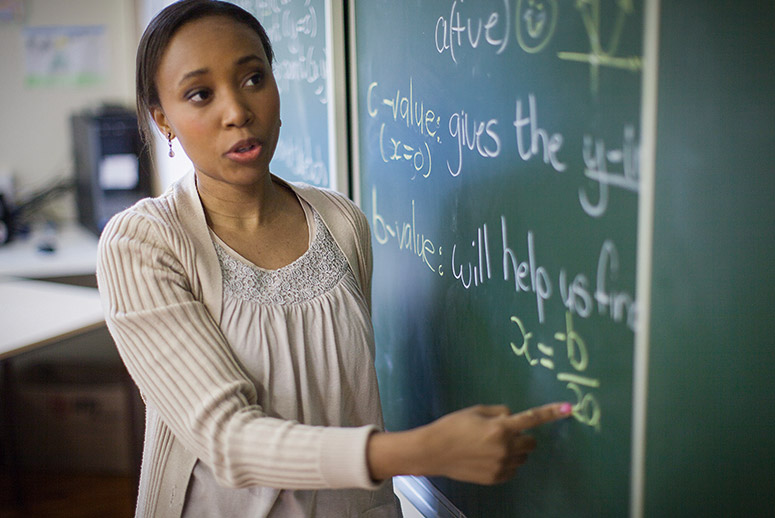
By Elizabeth Antidius Shumbusho | Africa Guardian
Investing in female teachers and principals is one of the most effective ways to enhance educational opportunities for African girls, according to a joint report by the African Union and UNESCO, titled Educating Girls and Ending Child Marriage in Africa. The report, released during the first Pan-African Conference on Girls’ and Women’s Education held from July 2-5 in Addis Ababa, Ethiopia, underscores the vital role female educators play in girls’ education.
In many African countries, less than 20% of secondary school teachers are women, and the proportion of female principals is even lower. Research shows that female teachers significantly improve girls’ academic performance and retention rates beyond primary school. Moreover, women in teaching positions tend to remain in the profession longer than their male counterparts.
To ensure girls continue their education through to completion, the report calls for an increase in the number of female teachers and principals, who serve as vital role models and motivators. A shortage of female educators has been linked to high dropout rates, low academic achievements, and an increased prevalence of child marriage. Keeping girls in school until the end of their secondary education can help reduce child marriage and gender inequality.
“Increasing investment in girls’ education has significant financial benefits, in addition to being the right thing to do. This requires targeted interventions for pre-teen girls, alongside improvements in teaching quality and leadership,” the report states.
The report highlights a troubling statistic: 40% of students who drop out do so due to inadequate teaching, indicating a foundational weakness in the education system affecting both girls and boys. A stronger presence of qualified teachers would significantly boost overall school performance. Additionally, teachers need better training than what is currently provided.
Improving the level of competency in teaching would not only enhance the quality of education but also make the profession more appealing, particularly to women. Currently, teaching in many African countries is not widely viewed as a viable career path, and qualification levels are often poorly defined. Many teachers are dissatisfied with their jobs, indicating a need for better training, pay, and more effective organization of work.
Providing girls and women with quality educational opportunities has far-reaching benefits for society as a whole. It leads to increased family incomes, higher living standards, fewer children, better health and nutrition, and overall improved well-being. Additionally, intimate partner violence decreases, and women’s decision-making power within households improves.
By prioritizing female educators, Africa can not only ensure more girls stay in school but also lay a stronger foundation for broader social and economic progress.
___
